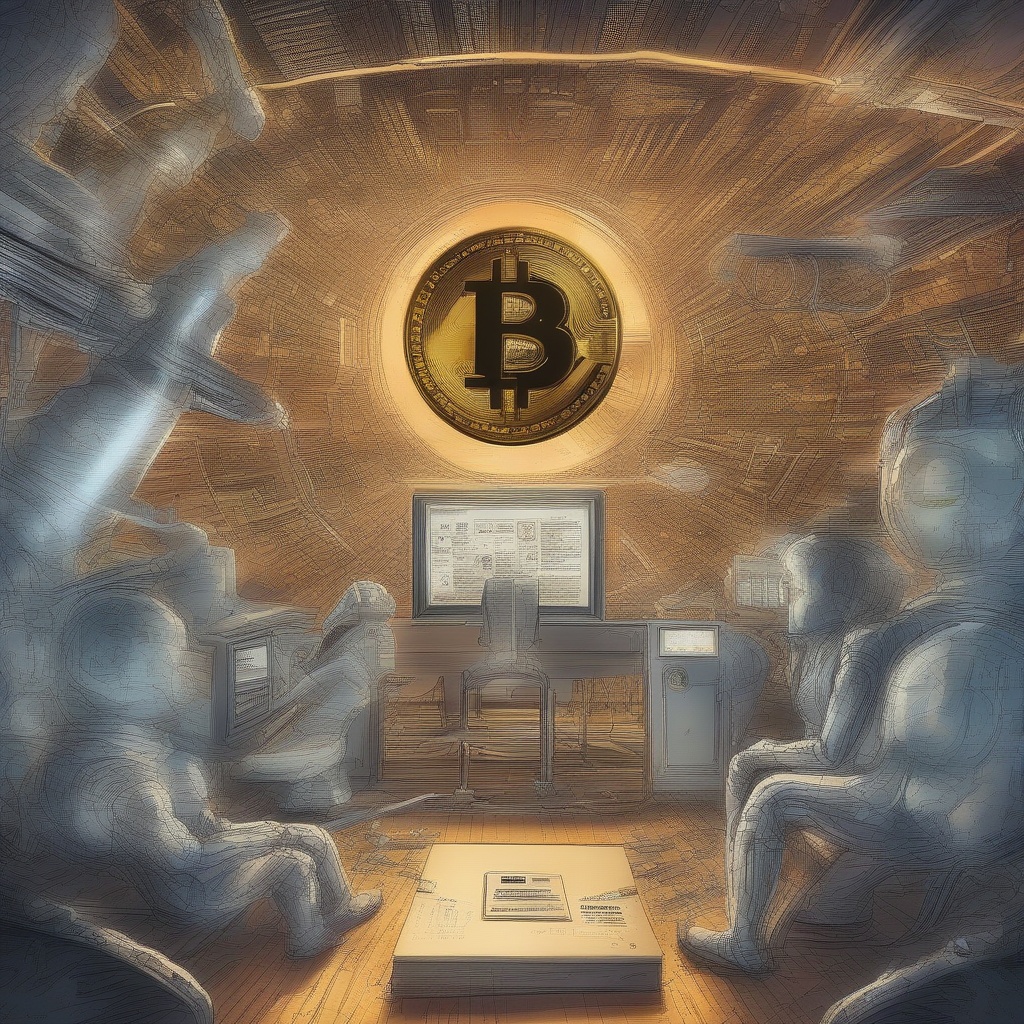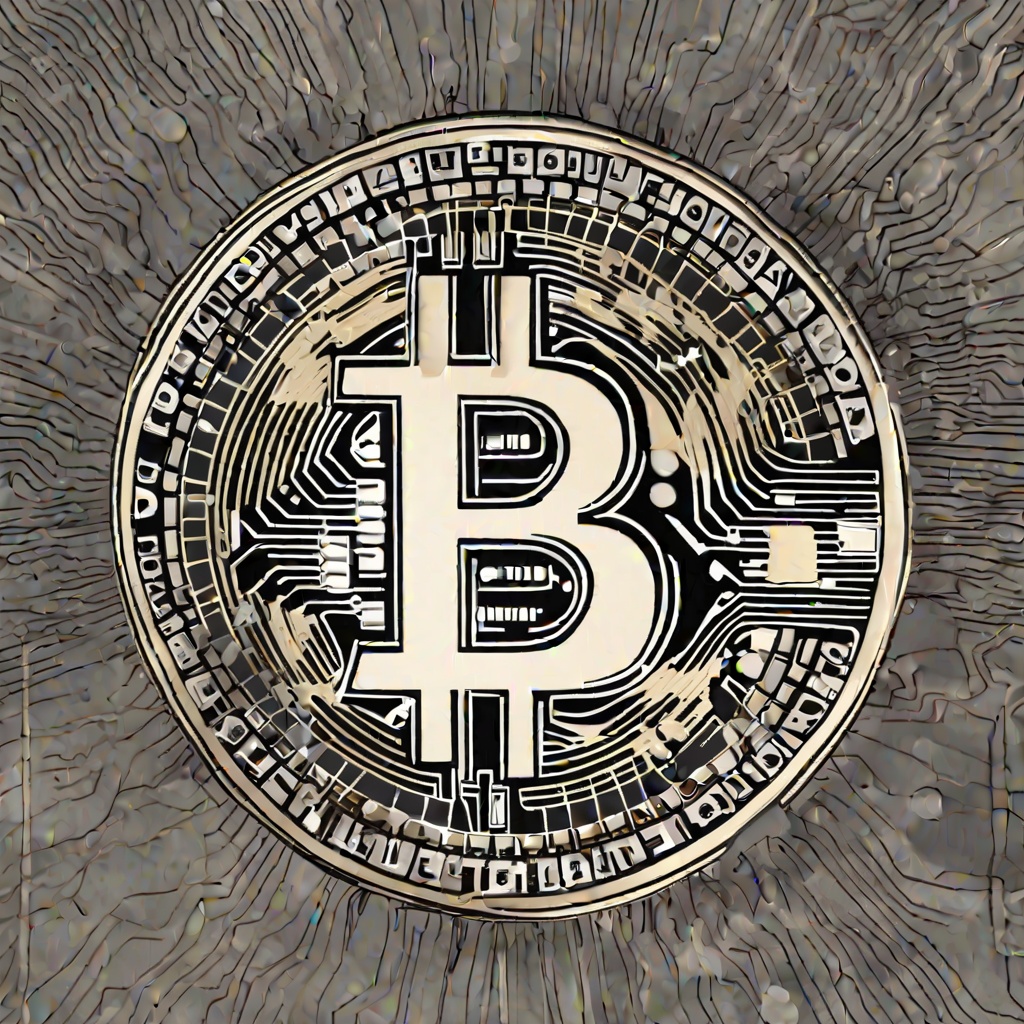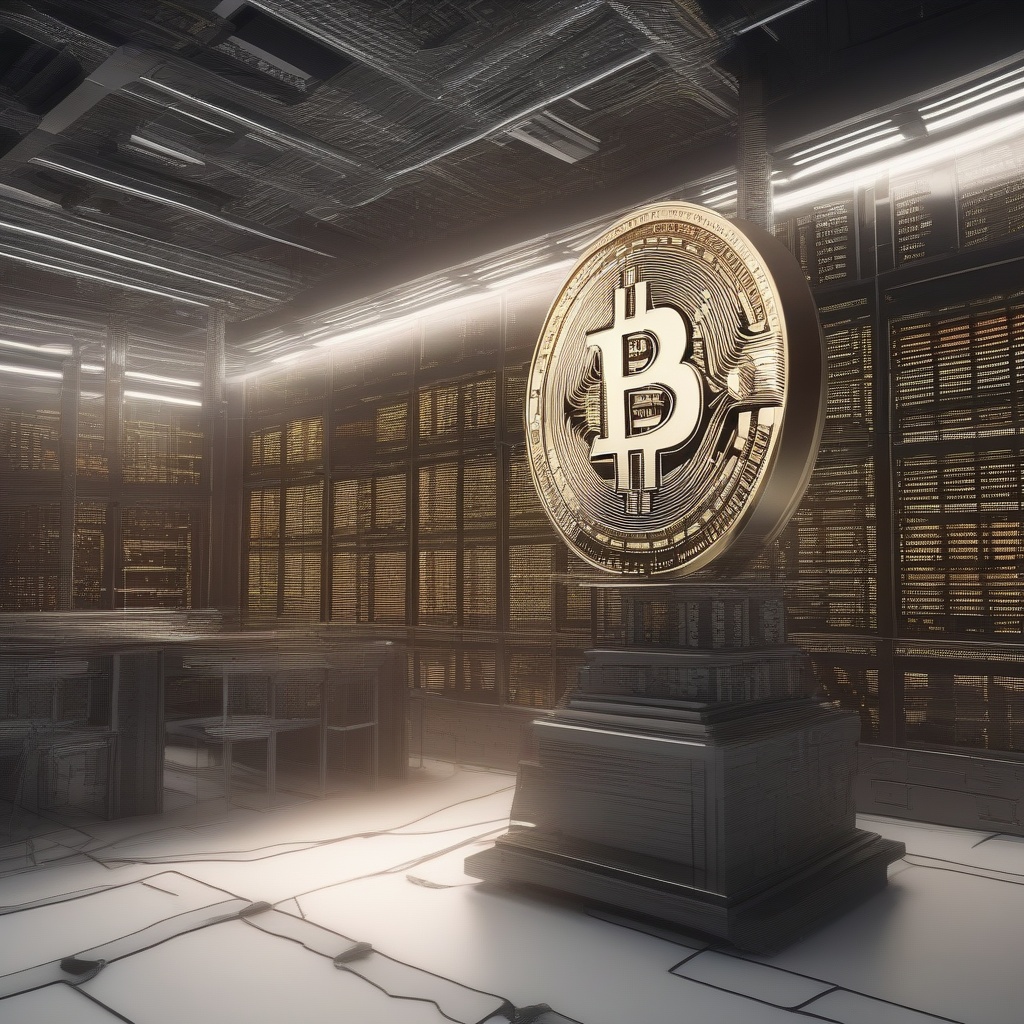Is DeFi immutable?
Is DeFi immutable?" This question is indeed intriguing, given the rapidly evolving nature of the decentralized finance landscape. DeFi, as a concept, is designed to operate on blockchain networks, leveraging smart contracts to automate financial transactions and remove the need for trusted third parties. This, in theory, should confer a degree of immutability to the system, as blockchain transactions are supposed to be tamper-proof and irreversible. However, the reality is more nuanced. While blockchain technology itself is immutable, the smart contracts and DeFi protocols built on top of it are not. These protocols are coded by humans, and as such, are susceptible to bugs, exploits, and human error. This has led to numerous hacks and exploits in the past, resulting in significant losses for investors. Moreover, the regulatory environment surrounding DeFi is still evolving, and there are concerns about the potential for regulatory intervention that could alter the immutable nature of blockchain transactions. This uncertainty adds another layer of complexity to the question of whether DeFi is truly immutable. In conclusion, while blockchain technology provides a solid foundation for immutability, the DeFi ecosystem as a whole is not immutable. It is constantly evolving, subject to human error, and potentially vulnerable to regulatory changes. Therefore, investors and users should approach DeFi with caution, understanding the risks involved and conducting thorough research before participating.

Does the IRS track DeFi?
Does the IRS track DeFi?" This is a question that many individuals in the cryptocurrency space have pondered. After all, the IRS, as the tax enforcement agency of the United States, has a vested interest in ensuring that all taxable transactions are properly reported and taxed. Given the decentralized and often anonymous nature of DeFi, it's understandable to have concerns about whether the IRS is able to track and tax transactions that occur within this space. However, it's important to remember that just because transactions are decentralized doesn't mean they're invisible to tax authorities. In fact, many blockchain platforms, including those used for DeFi transactions, are designed to be transparent and auditable. This means that, while individual transactions may not be directly linked to specific individuals, the IRS can still analyze patterns and flows of funds to gain insights into taxable activities. So, while the IRS may not be actively tracking every single DeFi transaction, it certainly has the tools and capabilities to identify taxable events and pursue those who fail to comply with tax laws. Therefore, it's crucial for individuals involved in DeFi to be aware of their tax obligations and take steps to ensure they're in compliance.

Is BingX DeFi?
Is BingX DeFi?" This is a question that has likely arisen in the minds of many cryptocurrency enthusiasts and finance professionals alike. BingX, as a platform, has been gaining increasing attention in the crypto sphere, but is it truly categorized as a decentralized finance (DeFi) solution? To delve into this inquiry, we must first understand the fundamental principles of DeFi. Decentralized finance aims to disrupt traditional financial systems by leveraging blockchain technology to provide peer-to-peer financial services without the need for centralized intermediaries. These services can range from lending and borrowing to trading and asset management, all executed in a transparent and secure manner. Now, turning our attention to BingX, the platform offers a range of crypto-related services, including trading, staking, and lending. However, the question remains whether these services are fully decentralized in nature. If BingX relies on centralized custodianship of funds or utilizes a closed-source codebase, it may not fully align with the DeFi ethos. Moreover, DeFi projects often emphasize community governance and open-source development, allowing anyone to contribute and audit the codebase. BingX, on the other hand, may have its own governance structure and development practices that differ from the typical DeFi paradigm. Therefore, to answer the question "Is BingX DeFi?" requires a deeper investigation into the platform's architecture, governance, and codebase. Without this information, it's difficult to make a conclusive determination. Nevertheless, it's important to remain skeptical and conduct thorough research before investing in any crypto platform, regardless of whether it's labeled as DeFi or not.

